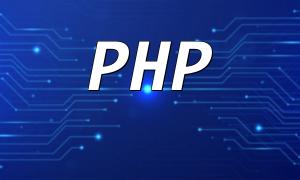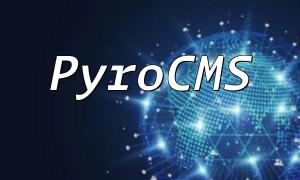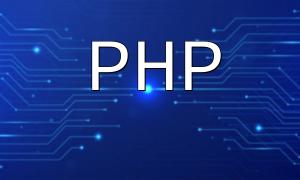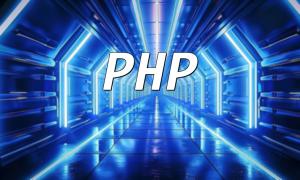PHP is a widely-used server-side scripting language primarily used for dynamic web development. PHP7, the latest version of the language, introduces several improvements, especially in performance, due to optimizations in its underlying mechanisms. The core of PHP7's improvement lies in the enhancement of its virtual machine execution mechanism, which directly impacts the efficiency of PHP code execution.
The PHP virtual machine is at the core of the PHP language, executing PHP code by interpreting it. It consists of two main components: the Zend engine and the extension libraries. The Zend engine is responsible for parsing PHP code and converting it into Zend virtual machine opcodes, which are then executed by the virtual machine. The extension libraries, on the other hand, provide essential tools and functions that PHP scripts can utilize for various tasks.
The Zend engine is the heart of PHP7’s underlying development, with the primary function of compiling PHP source code into an opcode instruction set to significantly improve execution efficiency. This instruction set is stored in binary format, containing all instructions, functions, classes, and other information.
The execution process of the Zend engine can be broken down into three stages: compilation, optimization, and execution. In the compilation stage, the source code undergoes syntax analysis, lexical analysis, abstract syntax tree generation, and opcode creation. The optimization stage refines the opcodes by eliminating redundant code, folding constant expressions, and reordering opcodes. Finally, the execution stage runs the optimized opcodes.
To improve execution speed, the Zend engine uses a memory management technique called the "allocator," which applies a pointer-moving method to reduce the frequency of memory allocation and deallocation, improving memory management efficiency.
Extension libraries are another critical component in PHP7's underlying development. These libraries, written in C, provide PHP scripts with a wide range of functions, such as file handling, database interaction, image processing, and network programming. Developers can choose specific extension libraries based on their needs.
PHP offers a Zend API to facilitate the integration of C-based extension libraries with PHP scripts. This API allows developers to access the various functions and variables within the extension libraries, streamlining the development process.
The complexity of the PHP virtual machine has made understanding its execution mechanism a key area of research in PHP7's underlying development. Significant progress has been made in several areas, including the following:
In PHP7.4, PHP introduced the JIT (Just-In-Time) compiler, a new optimization technique that compiles PHP code at runtime. This technology provides immediate compilation and execution, enhancing the efficiency of PHP code during execution.
While the JIT compiler significantly boosts PHP's performance, it also presents challenges for developers. To maximize its benefits, developers must optimize their code based on the specific compiler and compilation options being used.
PHP7’s underlying developers also introduced solutions to optimize PHP namespaces, further boosting execution speed. By integrating namespaces into the Zend engine and optimizing them, this approach improves PHP code execution efficiency.
Exception handling is a crucial aspect of PHP programming. By optimizing this mechanism, PHP7 has improved both performance and security. The refined exception handling mechanism boosts PHP's efficiency when handling exceptions and addresses potential security issues.
As web technologies continue to evolve, PHP's role in web application development is becoming increasingly important. PHP7, as the latest version of the language, has gained popularity due to its exceptional performance and good compatibility. By studying the underlying development principles and mechanisms of PHP7, developers can better understand the PHP code execution process and apply optimization techniques to improve efficiency. For PHP developers, mastering the underlying development principles of PHP7 is essential for advancing their skills.









